Try, try again
Originally appears on the One Africa Team Blog. To subscribe to receive future updates directly in your inbox, visit oneafricateam.com. “Like” the One Africa Team on Facebook at fb.com/OneAfricaTeamWELS.
Cameroon has had its ups and downs the past few years – which always gives more opportunity for the gospel message to take priority. Jesus said, “In this world you will have trouble. But take heart! I have overcome the world.” (John 16:33) Our partners in Cameroon have the message of hope in Jesus and they’re taking every opportunity to share it.
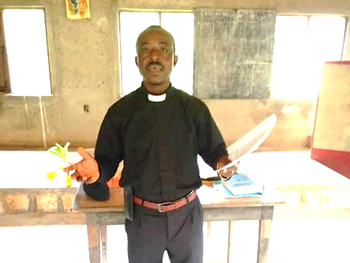
Cameroon Seminary Professor Rev. Israel Mesue
We need more people to do the work! Last March, we hoped that classes would be able to resume at our campus at Barombi Kang. But those plans had to be scrapped when the only Cameroonian Seminary teacher, Rev. Israel Mesue, was informed by armed thugs that “if you open that school, you yourself will be kidnapped and taken for ransom.”
But as the old saying goes, “If at first you don’t succeed; try, try again.” Just a few months later, Pastor Isreal proposed to continue teaching his students in Cameroon via “satellite seminary” in order to reinvigorate students about preparing for the full-time ministry. Pastor Isreal spends six weeks on the road, spending up to two weeks in each of the three districts of the Lutheran Church of Cameroon (LCC). He is currently teaching lessons on the three Ecumenical Creeds, Homiletics (Preaching), and the large Catechism (Part 1 – Commandments); together with worksheets, discussion topics, and even tests for those courses.
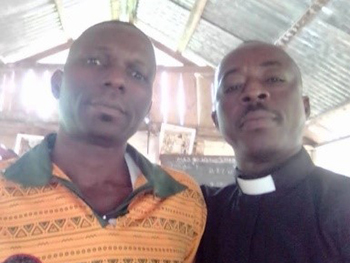
James and Rev. Israel
Rev. Isreal began his first tour in the Western Bakossi District (Nyadong Village) with students Thomas and Vincent. The teaching went well and the students were happy to be back into the books. One of the LCC’s members sat in on the classes at Nyandong and decided that he might be interested in pursuing studies for the ministry in the future. If the satellite seminary program runs smoothly, James will be able to start his studies in September of 2022! We see the Lord of the harvest answering our prayers to provide men who are eager to serve him.
It can be bumpy at times teaching seminary students on the road. On his trip to the Northwest District, Pastor Israel’s bus broke down close to where some of fighting has been taking place between pro-government and separatist forces. When the military showed up, Pastor Isreal found himself less ten feet away from a shoot-out! Thankfully nobody was injured. Pastor Isreal looks to the Lord for protection and praises him for the many things that went well on his first trip.
Two weeks ago Rev. Israel was at the Northwestern District (Mbemi Village) with the chairman of the Board for Worker Training, Rev. Fon George, along with students Crispos and David. He was a bit delayed in starting his visit there because of another “project” in his home town of Kumba where he is teaching students Ferdinand and Solo.
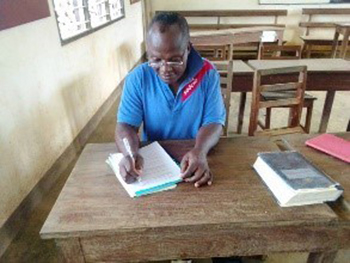
Seminary student Solo
A French-speaking student, Jean-Jacque, did not join his fellow students in the English-speaking region of Cameroon because of the political climate. Nico, another student, was not able to join the program either because of his work. Both Jean-Jacque and Nico will have some catching up to do. While at Kumba there were a few interruptions, but Rev. Isreal adjusted the schedule as necessary to ensure that the students learned the material well.
It was a great blessing for both the students and their teacher to spend time together in God’s Word during this “Seminary road trip.” The next step will be to “try, try again” and bring all the students together on the campus of the LCC Seminary at Barombi Kang in Kumba. Please pray for the peace and safety of the people of Cameroon, and that God continues to bless the work of our partners in the LCC.
Written by Rev. Dan Kroll, missionary to West Africa
WELS Missions
Learn about the ministry work of WELS Missions.
SUPPORT MISSIONS
Support the ministry work of WELS Missions.
[fbcomments num=”5″]

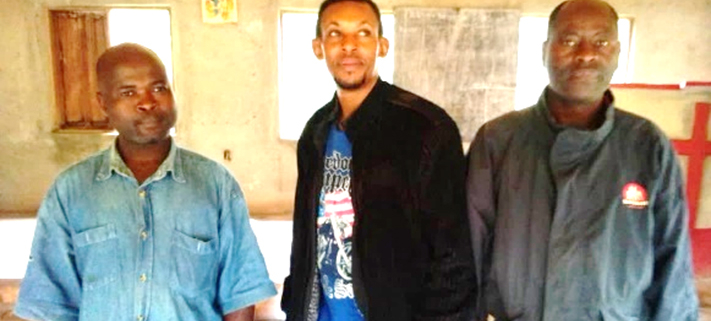

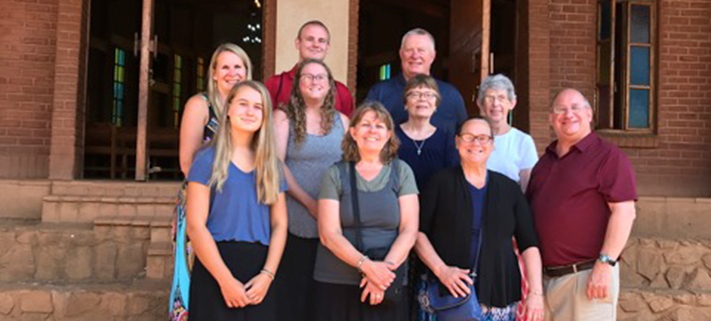
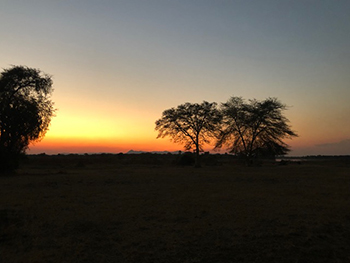
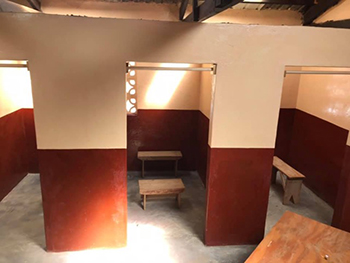
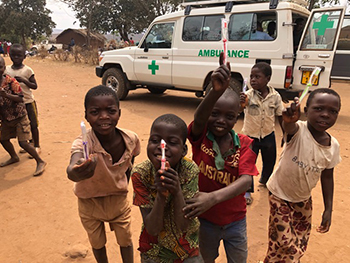
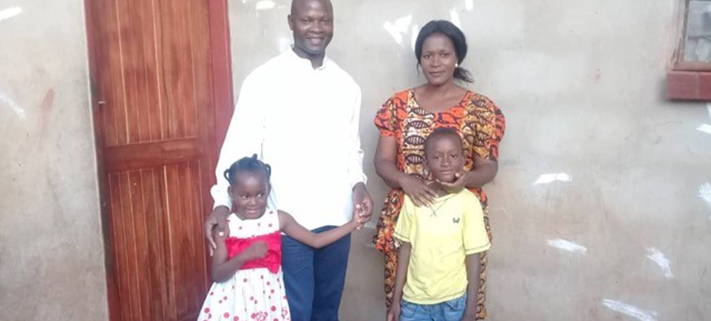
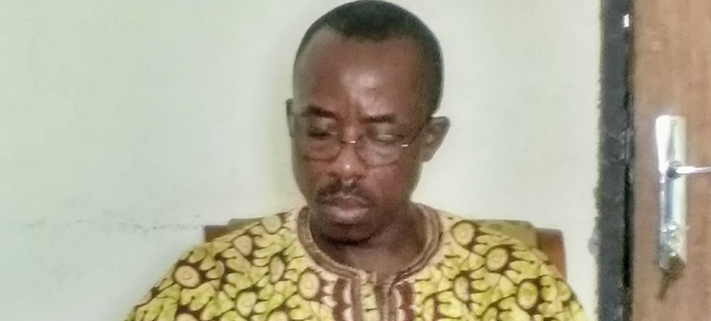
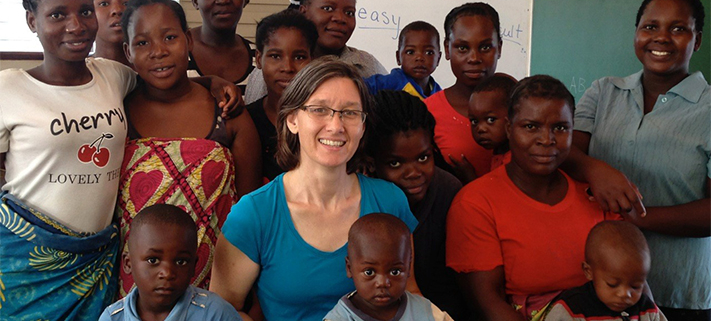
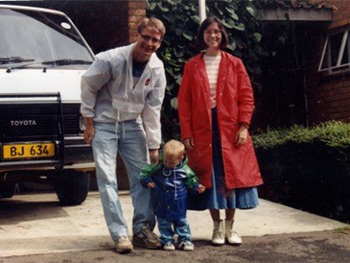
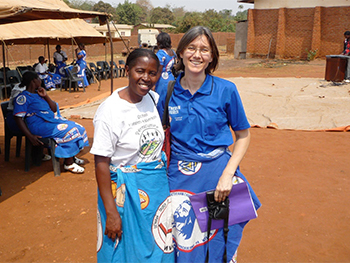

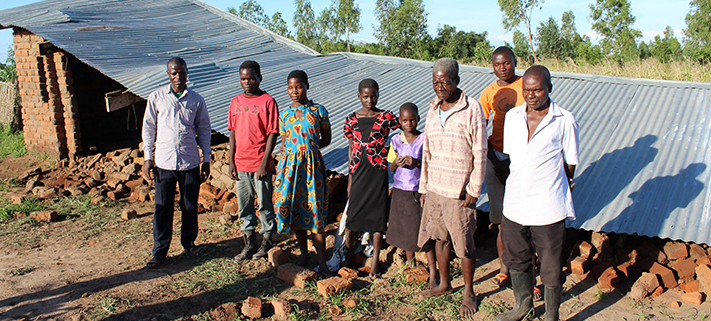
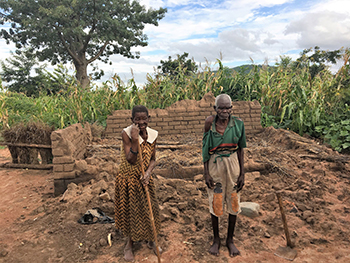
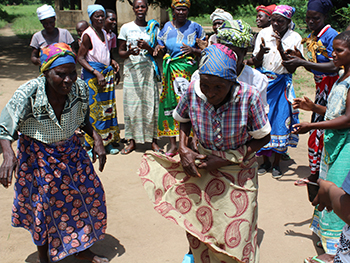
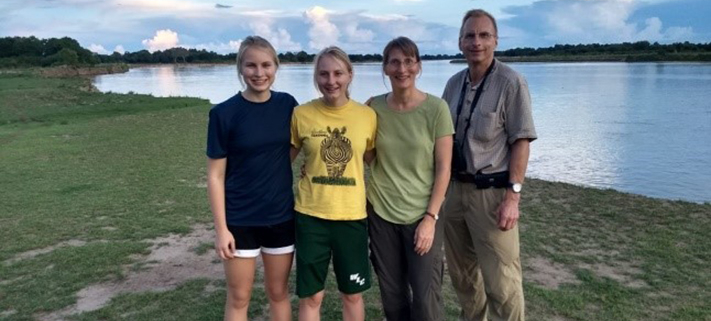
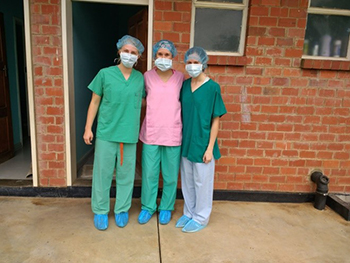
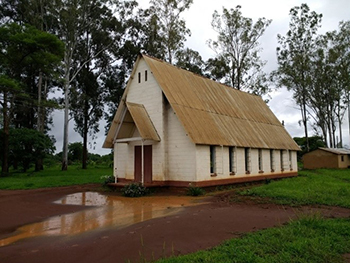
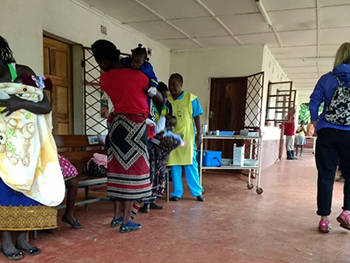
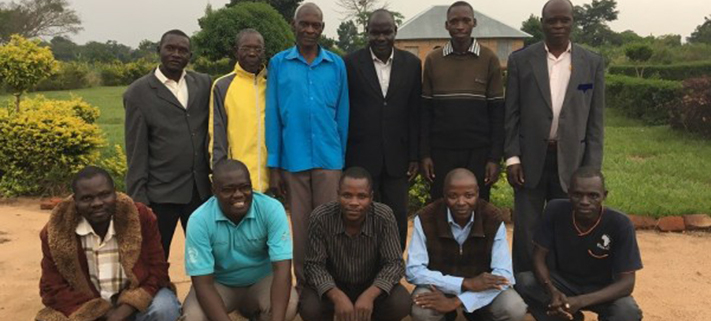
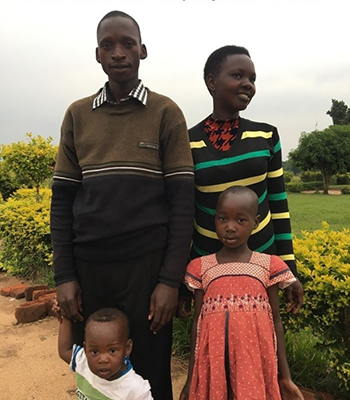
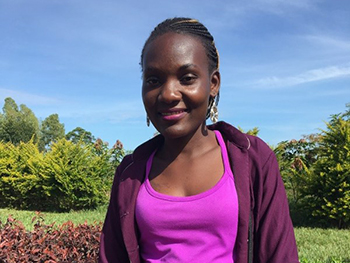
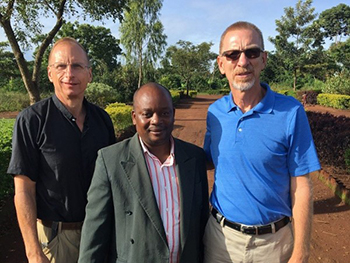
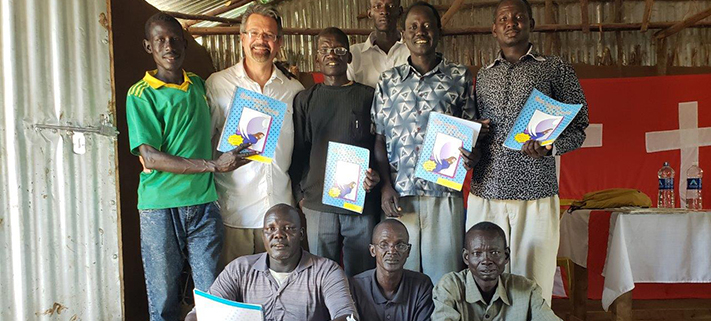
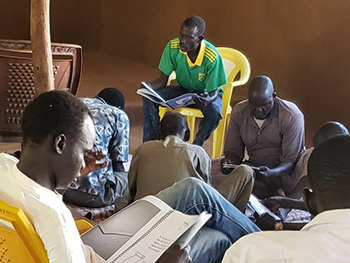
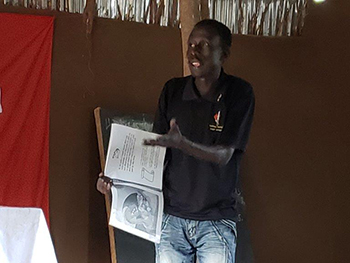
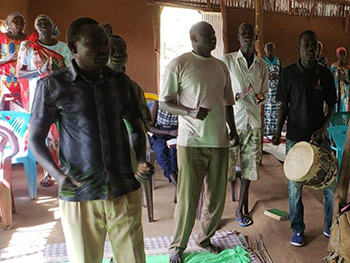
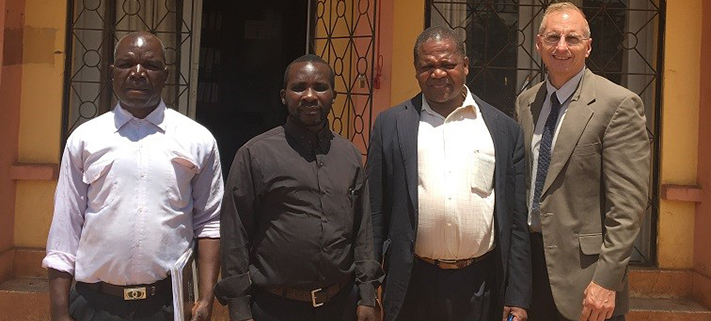
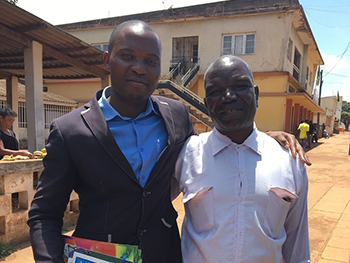
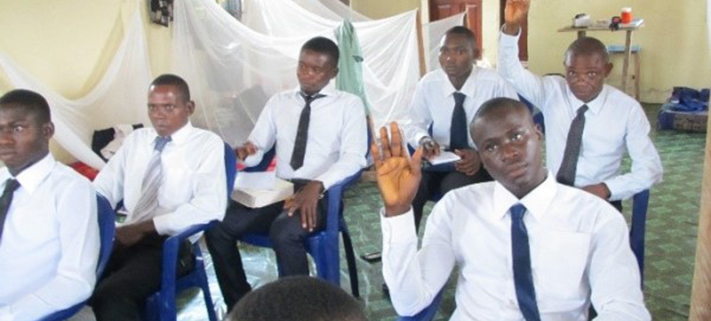
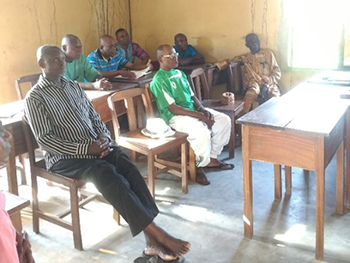
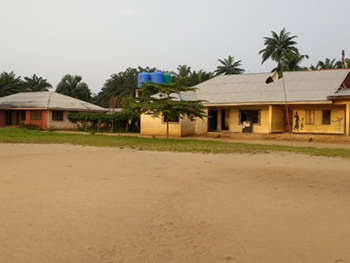
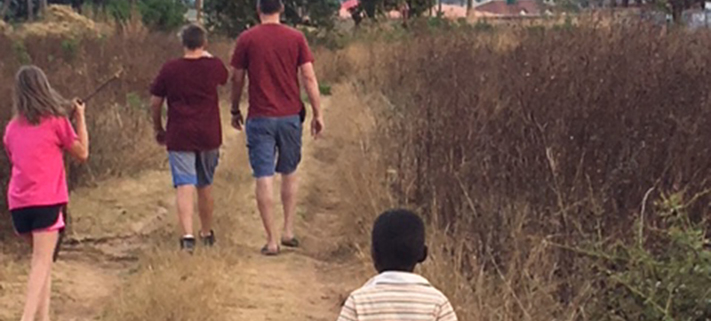
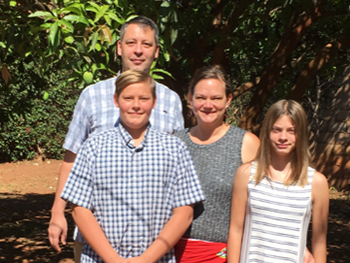
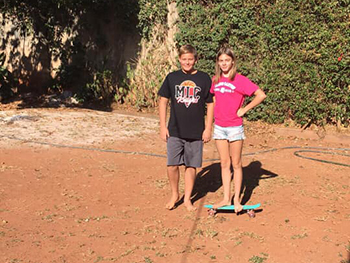
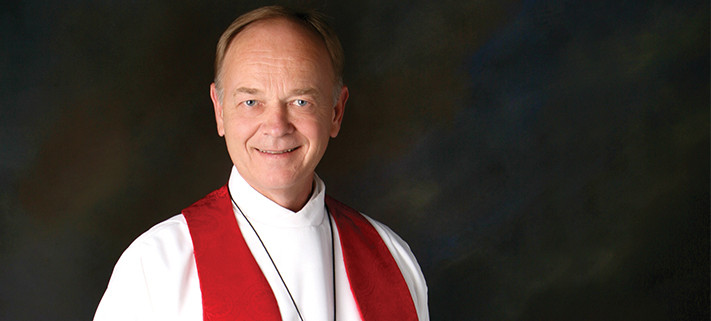
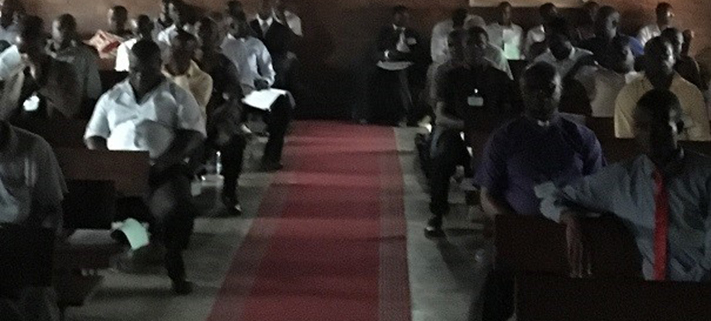
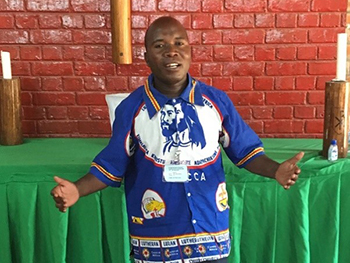
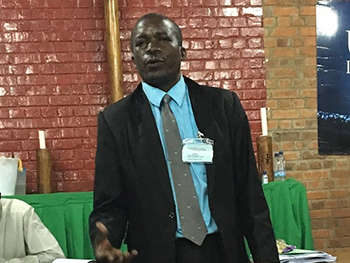
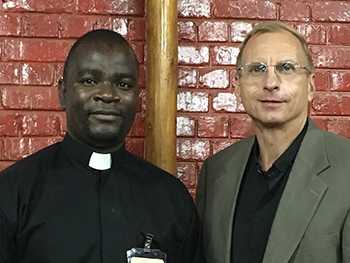
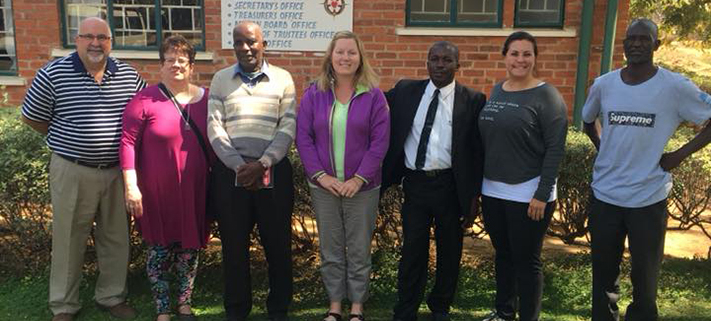
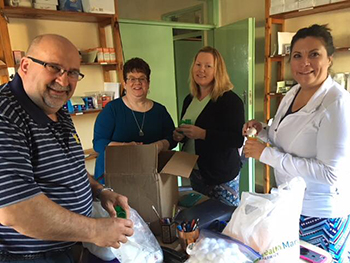
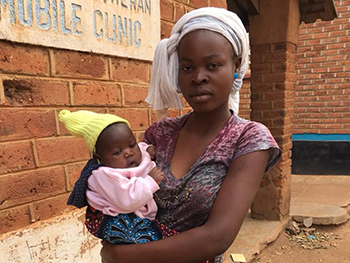
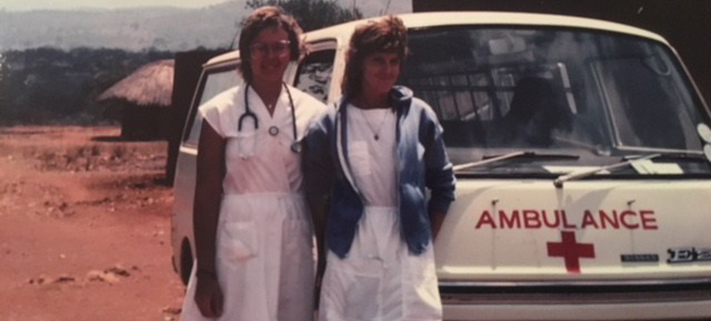
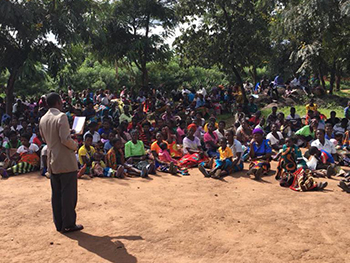
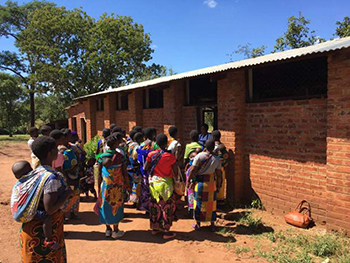
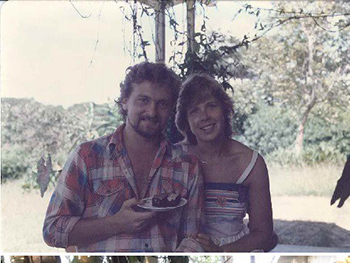
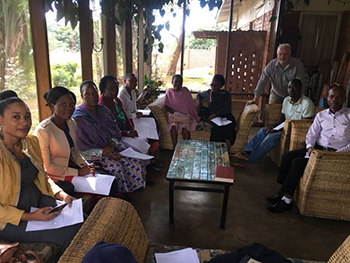
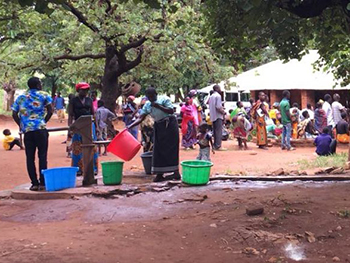
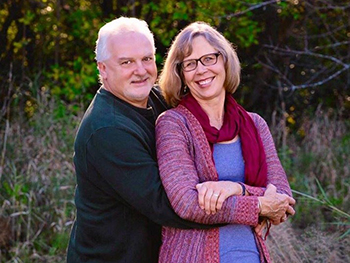
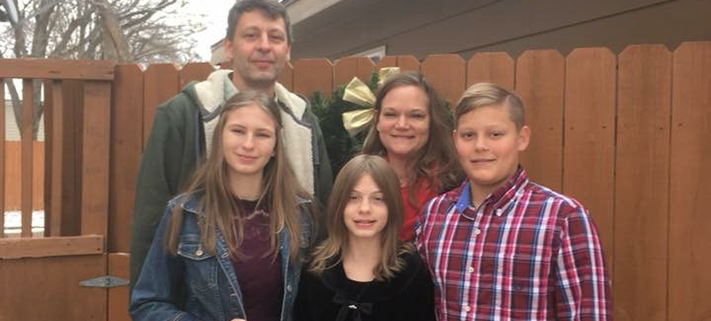
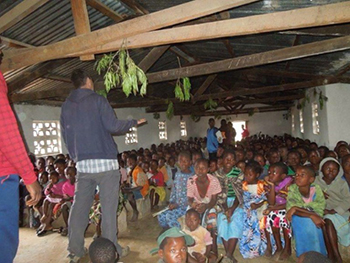

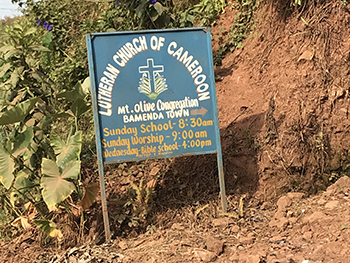
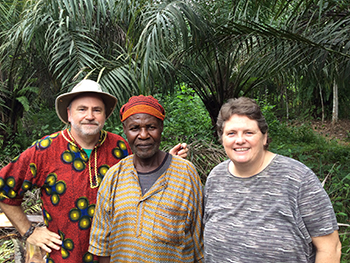
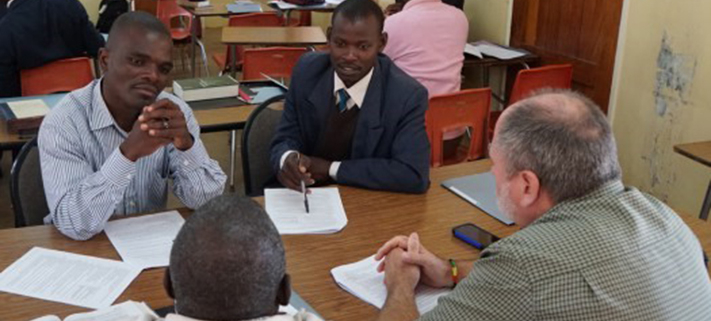
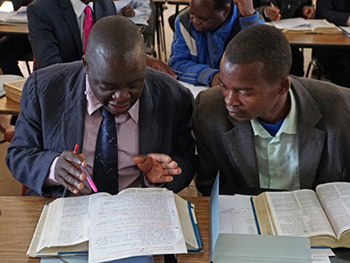
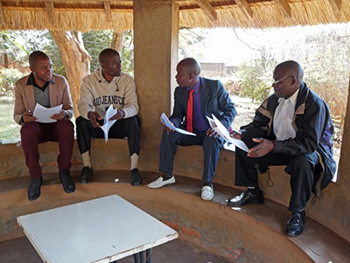
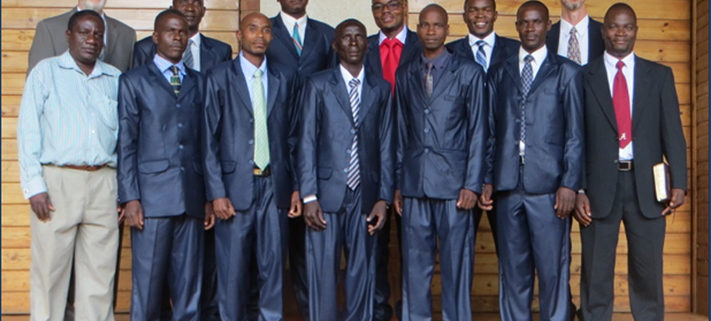
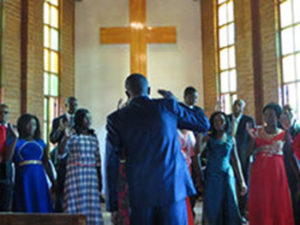
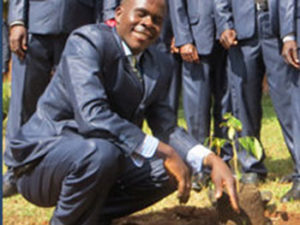 Yes, they have picked up the mantle and gone on. The campus is now quiet. The students and their families are gone. The only things that linger are memories and pictures of that graduation day. Oh, and the tree that they planted.
Yes, they have picked up the mantle and gone on. The campus is now quiet. The students and their families are gone. The only things that linger are memories and pictures of that graduation day. Oh, and the tree that they planted.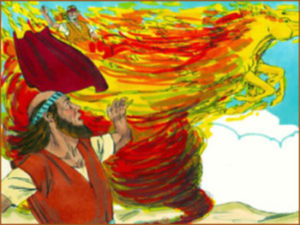 That’s good to know when you reach your own significant juncture in life. Maybe you’re there right now. Or, perhaps one is right around the corner. There may come a time when someone special in your life leaves you behind. Not necessarily through death, but that may be the case too. It may be that that someone special in your life is called by God to go in a different direction than you thought–or hoped. But chances are, you may at least for a while, feel alone. Lonely. Perhaps intimidated by the work that God has called you still to do. You may wonder how to move forward with the gifts you have–or don’t have.
That’s good to know when you reach your own significant juncture in life. Maybe you’re there right now. Or, perhaps one is right around the corner. There may come a time when someone special in your life leaves you behind. Not necessarily through death, but that may be the case too. It may be that that someone special in your life is called by God to go in a different direction than you thought–or hoped. But chances are, you may at least for a while, feel alone. Lonely. Perhaps intimidated by the work that God has called you still to do. You may wonder how to move forward with the gifts you have–or don’t have.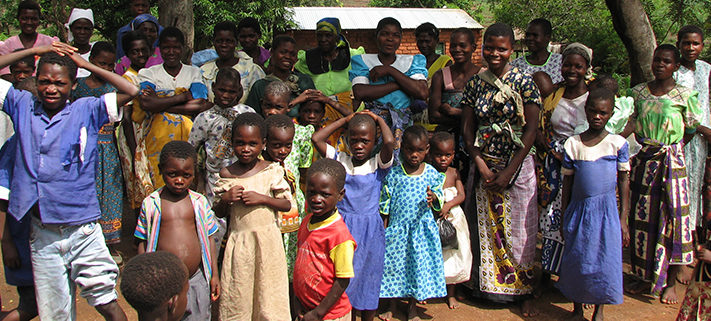
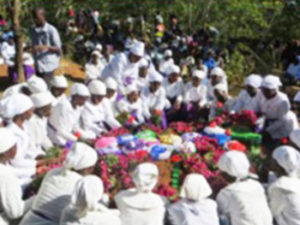 Funerals.
Funerals.